The behavior of birds has long captivated the curiosity of naturalists and scientists alike. One puzzling phenomenon that has garnered attention is the seemingly counterintuitive act of birds throwing their own eggs out of their nests.
This behavior contradicts the instinct to protect and nurture offspring, making it a fascinating subject for research.
The question of why some bird species engage in this behavior has led to various hypotheses and insights into avian ecology and evolutionary biology.
To unravel the mysteries behind this seemingly paradoxical behavior, scientists have delved into factors such as resource scarcity, egg quality, and predator avoidance strategies.
By understanding why birds throw eggs out of the nest, we gain a deeper insight into the intricate dynamics of avian parental care and the delicate balance between reproductive investment and survival strategies.
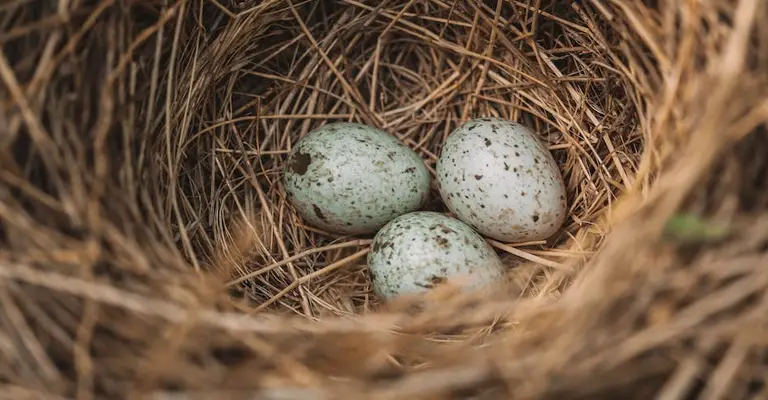
Why Do Birds Throw Eggs Out Of Nest?
Birds are amazing animals that have fascinated humans for centuries. They have many complex behaviors that are often hard to understand, such as throwing eggs out of their nests.
There are several possible reasons why birds do this:
Lack Of Parental Care
Some birds may not have the skills or the motivation to raise their young properly, so they may neglect or abandon their eggs.
This could be due to stress, inexperience, or poor health. By throwing out some eggs, they may reduce the burden of caring for too many offspring.
Presence Of Predators Or Threats
Birds may sense danger from other animals or humans and decide to flee their nests or eject some eggs. This could be a way of distracting the predators or saving the remaining eggs from harm.
Infertility Or Damage
Birds may recognize that some eggs are infertile or damaged and discard them to prevent them from rotting or infecting the healthy ones. This could also help them conserve energy and resources for viable eggs.
Brood Parasitism
Some birds, such as cuckoos, cowbirds, and honeyguides, lay their eggs in the nests of other birds and trick them into raising their young.
The host birds may detect the foreign eggs and throw them out to avoid being exploited by the parasites.
Competition Or Aggression
Birds may compete with each other for nesting sites, mates, or food. They may invade the nests of their rivals and throw out their eggs to reduce their reproductive success.
They may also attack their own eggs if they feel stressed or threatened by other birds.
Nest Hygiene
Birds may throw out some eggs to keep their nests clean and comfortable. This could be a way of removing dirt, parasites, or waste from the nest. It could also help them regulate the temperature and humidity of the nest.
Genetic Quality
Birds may have a preference for certain traits in their offspring, such as size, color, or sex. They may throw out some eggs that do not match their criteria or that have lower chances of survival. This could be a way of improving the genetic quality of their brood.
Nest Size Or Shape:
Birds may build nests that vary in size and shape depending on the species, habitat, and season. They may throw out some eggs that do not fit well in their nests or that make them overcrowded. This could be a way of optimizing the nest space and comfort for themselves and their young.
Hormonal Imbalance:
Birds may have fluctuations in their hormones that affect their behavior and mood.
They may throw out some eggs due to hormonal changes that make them more aggressive, anxious, or depressed. This could be a result of environmental factors, such as weather, light, or noise.
These are some of the possible reasons why birds throw eggs out of their nests.
What Bird Throws Other Eggs Out Of The Nest?
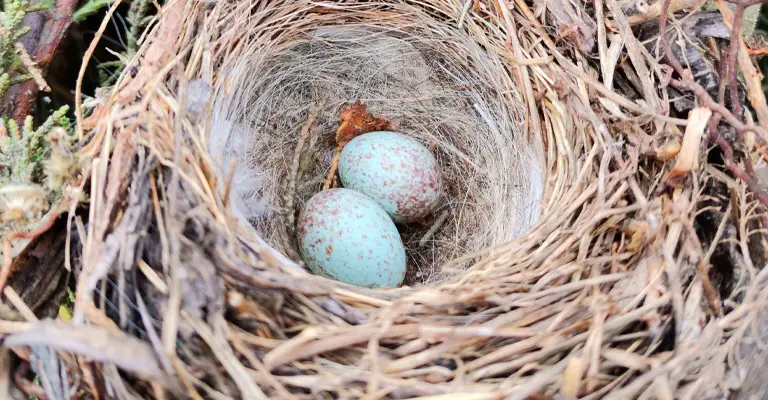
Some birds are known to throw other eggs out of their nests, either to reduce competition, to avoid being exploited by brood parasites, or to improve their reproductive success.
Here are some examples of such birds:
Cuckoos
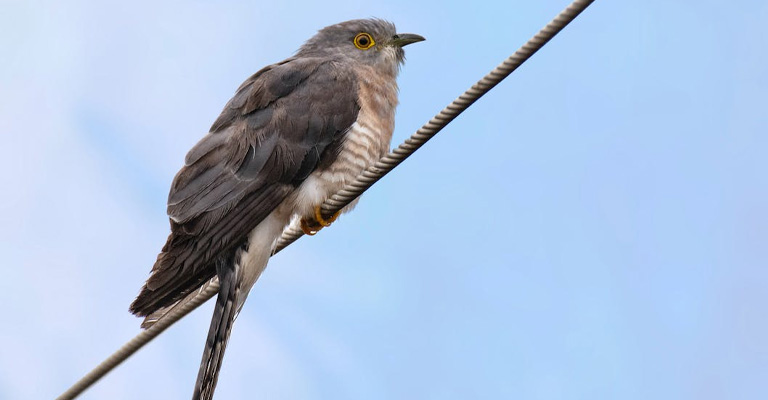
Cuckoos are notorious for laying their eggs in the nests of other birds and tricking them into raising their young.
Some cuckoos also throw out the host eggs or chicks to ensure that they get all the attention and food from the foster parents.
Anis
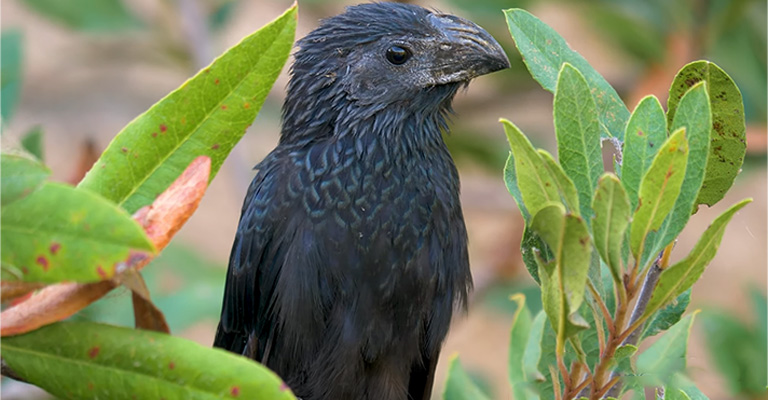
Anis are social birds that nest in groups and share the incubation and feeding duties. However, they also compete with each other for nesting space and resources.
They may toss out some eggs from the communal nest before they start laying their own or synchronize the hatching of the eggs.
Woodpeckers
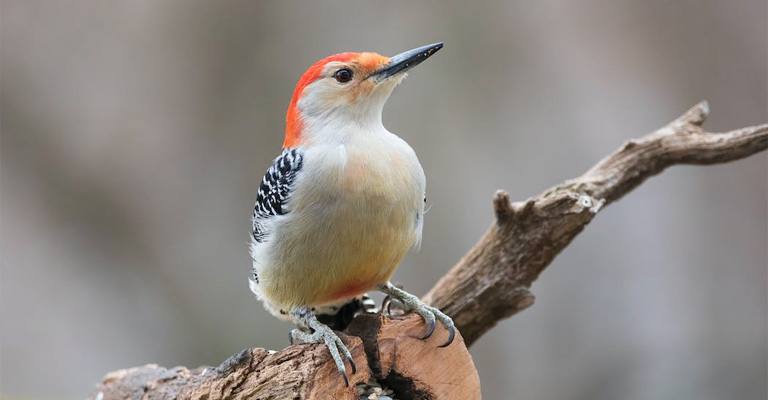
Woodpeckers are cavity-nesting birds that may have to contend with other woodpeckers or cavity-nesters for suitable sites.
They may invade the nests of their rivals and throw out their eggs or young to reduce their reproductive success or to take over their nest.
Jays
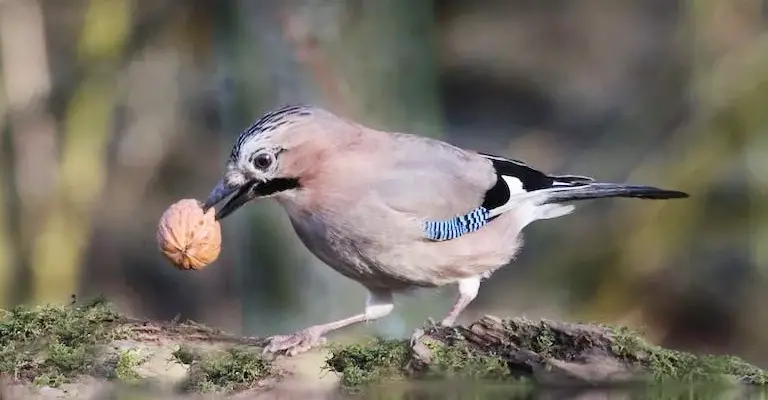
Jays are corvids that are known for their intelligence and complex social behavior. They may also exhibit egg tossing in some situations, such as when they co-nest with other jays or when they encounter the nests of other birds.
They may do this to eliminate competition, steal food, or assert dominance.
Cuckoo Finches
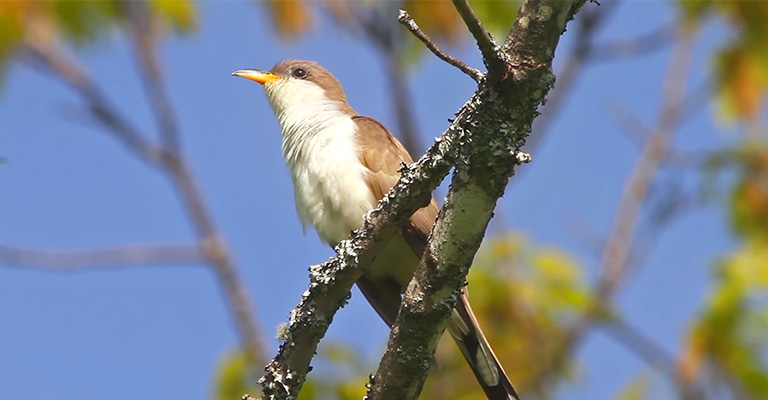
Cuckoo finches are another example of brood parasites that lay their eggs in the nests of other birds, mainly prints.
They may also remove some of the host eggs to increase the chances of their own eggs being accepted and hatched by the host parents.
Cowbirds
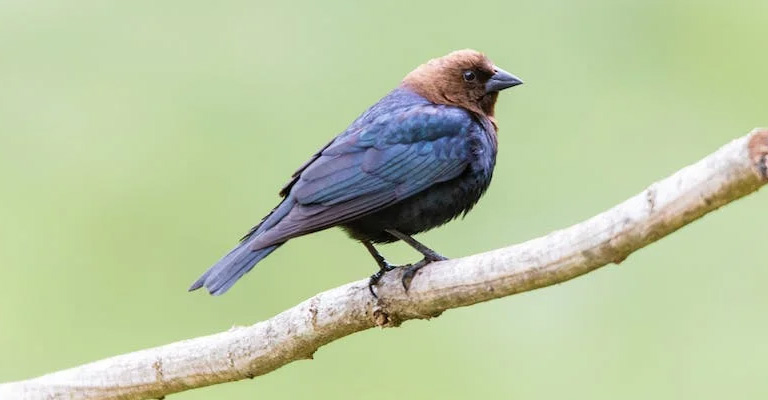
Cowbirds are brood parasites that lay their eggs in the nests of more than 200 different species of birds. They may also eject some of the host eggs or chicks to ensure that their own offspring survive and thrive in the host nest.
Honeyguides
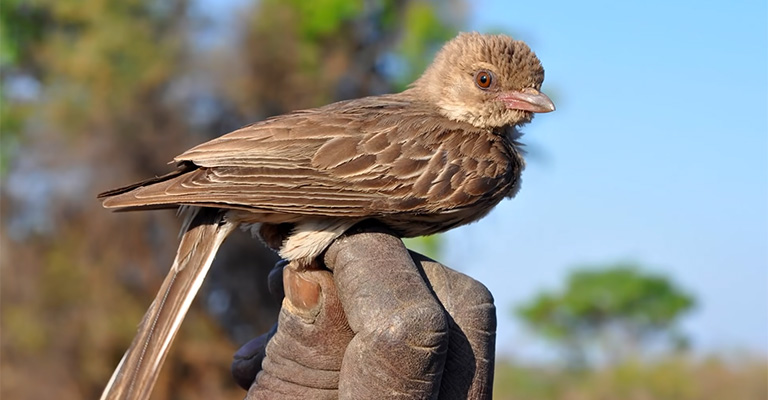
Honeyguides are brood parasites that lay their eggs in the nests of bee-eaters, woodpeckers, barbets, and kingfishers.
They may also destroy some of the host eggs or young to reduce the competition for food and care from the host parents.
Magpies
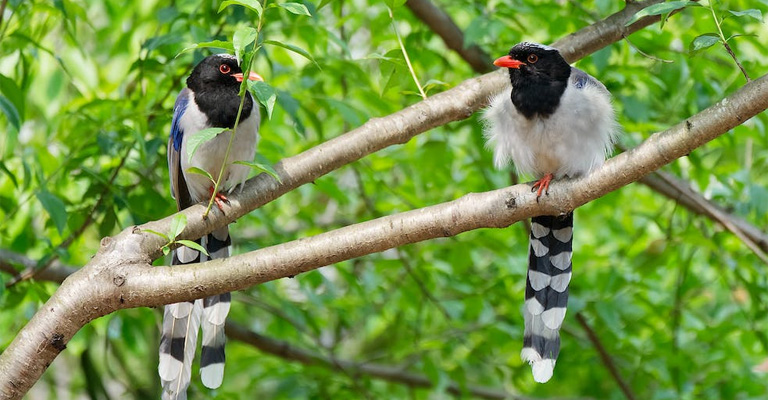
Magpies are corvids that are known for their boldness and adaptability. They may also engage in egg tossing when they encounter the nests of other birds, especially smaller ones.
They may do this to eliminate potential competitors, scavenge for food, or to assert dominance.
Gulls

Gulls are seabirds that nest in colonies and often compete with each other for food and space.
They may also toss out some eggs from their own or other nests, either accidentally or intentionally. They may do this to reduce overcrowding, prevent predation, or steal food.
Is It Normal For Birds To Throw Eggs Out Of The Nest?
It is not very common for birds to throw eggs out of their nests, but it is not abnormal either.
There are many possible reasons why birds do this, such as lack of parental care, presence of predators or threats, infertility or damage, brood parasitism, competition or aggression, nest hygiene, genetic quality, nest size or shape, or hormonal imbalance.
Some birds may benefit from this behavior by increasing their reproductive success, reducing their costs, or improving their nest conditions.
However, this behavior may also have negative consequences for the birds themselves, their offspring, or their hosts. Therefore, egg tossing is a complex and fascinating phenomenon that reflects the diversity and adaptability of bird behavior.
How Can I Prevent Birds From Throwing Eggs Out Of The Nest?
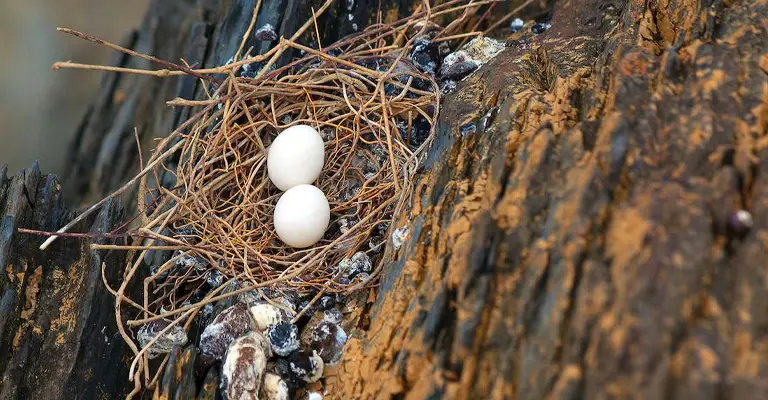
There are many possible reasons why birds throw eggs out of their nests, such as lack of parental care, presence of predators or threats, infertility or damage, brood parasitism, competition or aggression, nest hygiene, genetic quality, nest size or shape, or hormonal imbalance.
However, if you want to help the birds in your garden or local area to raise their young successfully, there are some things you can do to prevent or reduce this behavior.
Here are ways to protect bird nests and eggs:
Provide Adequate Nesting Material
Nurturing the maternal nesting environment for birds is crucial to prevent or reduce egg-throwing behavior.
To do this, you can supply sufficient cushioned and insulating materials, such as fine twigs, leaves, or soft grass. You can also provide nest boxes or baskets that are suitable for the size and shape of the birds you want to attract.
Minimize Disturbance To Nests
To ensure minimal disruption to avian nests, several measures could be taken. You can avoid making sudden noises or movements, especially around the nest or cage.
You can also keep a safe distance from the nests and observe them with binoculars instead of getting too close. If you have to prune trees or bushes where birds are nesting, wait until the breeding season is over.
Decrease Population Density In Natural Habitats
One approach to mitigate egg-throwing behavior in birds involves reducing the density of populations in their natural habitats. This could help to decrease the competition and aggression among birds for nesting sites, mates, or food.
You can do this by creating more diverse and spacious habitats for birds, such as planting native trees and flowers, creating ponds or wetlands, or leaving some areas wild and unmanaged.
Keep Pets Indoors
We may love our gentle, purring feline friends, but cats become cold-blooded hunters when they’re out on the prowl. They may prey on birds and their eggs or scare them away from their nests.
To protect bird nests and eggs from cats, you can keep your pets indoors during the breeding season, or at least during dawn and dusk when birds are most active. You can also put bells on your cats’ collars to warn birds of their presence.
Remove Potential Predators Or Threats
Besides cats, there may be other animals or humans that pose a threat to bird nests and eggs.
You can remove potential predators or threats by securing your garbage bins, covering your compost piles, installing fences or netting around your garden, or reporting any illegal hunting or poaching activities.
You can also use scarecrows, decoys, or repellents to deter unwanted visitors from your bird-friendly area.
Monitor The Fertility And Health Of Eggs
Birds may recognize that some eggs are infertile or damaged and discard them to prevent them from rotting or infecting the healthy ones.
You can monitor the fertility and health of eggs by using a technique called candling, which involves shining a light through the eggshell to see if there is an embryo inside.
You can also check for any signs of cracks, holes, or stains on the eggs. If you find any infertile or damaged eggs, you can remove them carefully and dispose of them properly.
Prevent Brood Parasitism
Brood parasitism is a behavior where some birds lay their eggs in the nests of other birds and trick them into raising their young. The host birds may detect the foreign eggs and throw them out to avoid being exploited by the parasites.
You can prevent brood parasitism by identifying the species of birds that are nesting in your area and learning about their egg characteristics.
You can also use nest boxes that have entrance holes that match the size of the desired birds and exclude the parasites.
Improve Nest Hygiene
Birds may throw out some eggs to keep their nests clean and comfortable. This could be a way of removing dirt, parasites, or waste from the nest. It could also help them regulate the temperature and humidity of the nest.
You can improve nest hygiene by providing fresh water and food for the birds, cleaning the nest boxes regularly, and removing any debris or litter from the nesting area.
Support Hormonal Balance
Birds may have fluctuations in their hormones that affect their behavior and mood. They may throw out some eggs due to hormonal changes that make them more aggressive, anxious, or depressed. This could be a result of environmental factors, such as weather, light, or noise.
You can support hormonal balance by providing natural lighting and ventilation for the birds, avoiding artificial lights or sounds that may disrupt their circadian rhythms, and offering them toys or enrichment activities that may reduce their stress levels.
These are some of the ways you can prevent birds from throwing eggs out of their nests. However, remember that this behavior is still not fully understood and may vary depending on the species, situation, and individual.
FAQ
Some bird species, like House Sparrows, engage in egg tossing as a survival strategy.
When resources are scarce, removing non-viable eggs frees up energy and resources for healthier offspring. This increases the chances of the remaining eggs hatching successfully and surviving.
No, egg tossing is not universal among birds. It’s observed in certain species facing specific environmental conditions.
Birds that experience high competition for limited resources or those prone to nest predation are more likely to exhibit this behavior.
Resource availability, such as food and nesting materials, plays a significant role. Birds may also evaluate egg quality—discarding cracked or damaged eggs prevents potential harm to the nestlings.
Additionally, reducing the risk of attracting predators can drive this behavior.
Egg tossing optimizes a bird’s investment in reproduction. By eliminating non-viable eggs, the parent can focus on nourishing the healthier offspring, increasing their chances of survival.
This enhances the overall fitness of the parent and the success of their reproductive efforts.
Yes, apart from resource scarcity, egg tossing can serve as an anti-predator strategy. By eliminating damaged or vulnerable eggs, birds reduce the likelihood of attracting predators to their nests.
This behavior aids in safeguarding both the remaining eggs and the potential nestlings.
Conclusion
In the realm of nature’s intricacies, the act of birds discarding their own eggs from nests stands as a testament to the diverse strategies that evolution has fostered. The seemingly baffling behavior finds its roots in the complex interplay of ecological factors and evolutionary pressures.
As our understanding of avian behavior deepens, we come to realize that even seemingly irrational actions like egg tossing serve a purpose within the broader context of survival and reproduction.
By studying these behaviors, we gain insights not only into the lives of birds but also into the intricate tapestry of life’s adaptations and responses to the challenges posed by the natural world.
As future research continues to shed light on this behavior, we uncover yet another layer of the remarkable strategies that have enabled birds to thrive in the wild for millions of years.